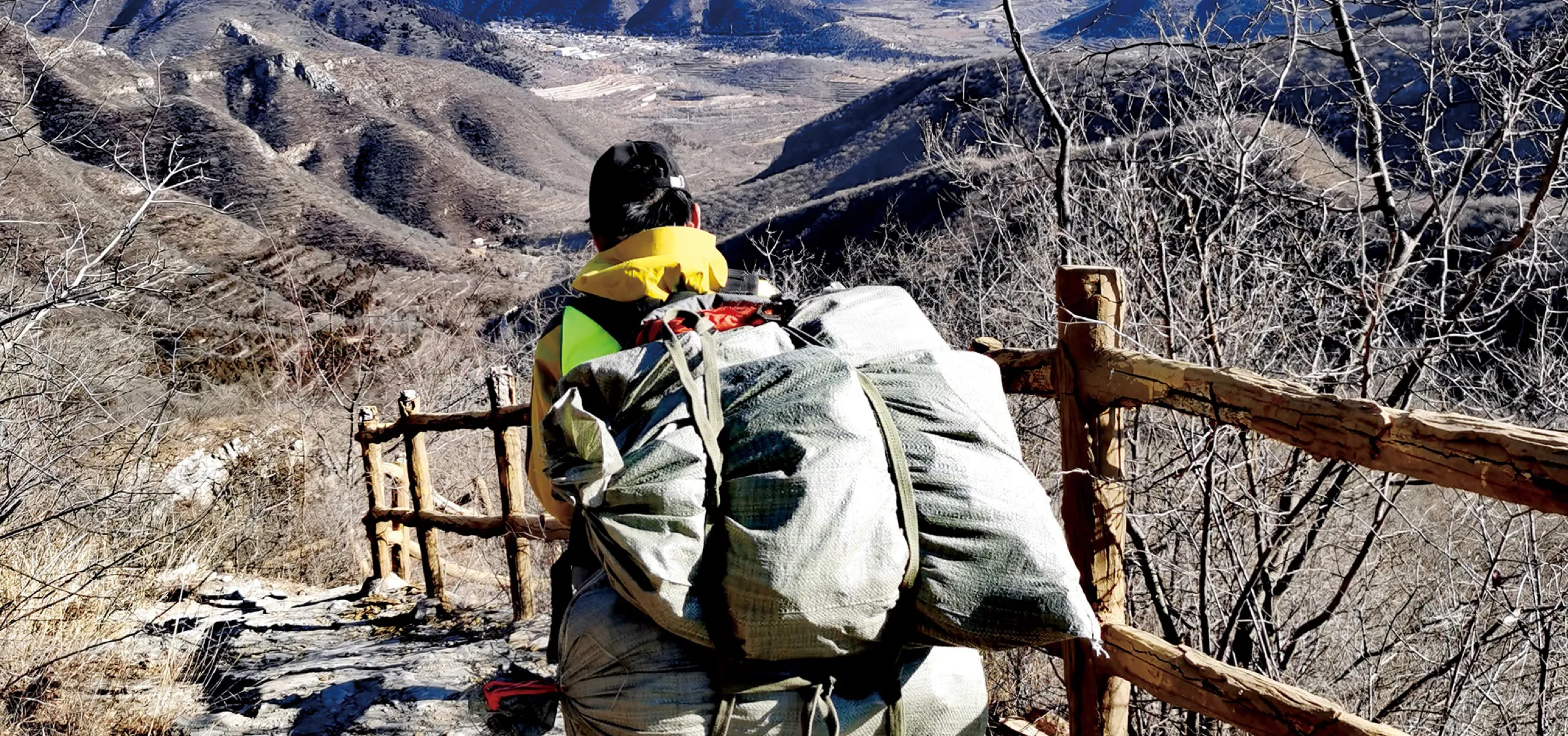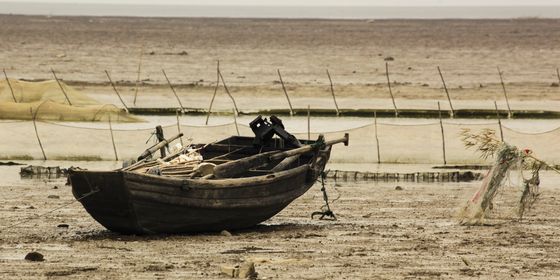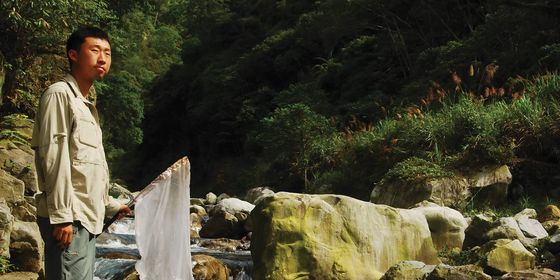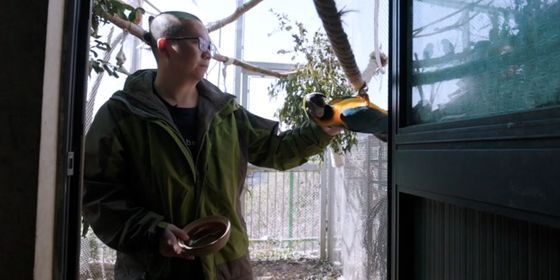As urban nature-lovers head outdoor, rural communities struggle with the ecological impact
Living in “Beijing’s Most Beautiful Village” is a blessing and curse for Wang Junqing. The 63-year-old party secretary starts off each day by worrying about the growing piles of plastic trash left everywhere in the mountainous Xiangtun village, in the capital’s Yanqing district. “Plastic bags, disposable cartons, and other white trash have been found more and more, thrown here and there in our village, and it’s mostly from travelers coming in.”
Ironically, this problem began after Xiangtun joined the government’s “Beautiful Village” rural tourism development project in 2007, attracting a growing number of outdoor-lovers to explore the area’s picturesque valleys, streams, and Great Wall ruins.
To Xiangtun’s 100 residents (mostly chestnut farmers), “trash” used to refer to organic scraps they could feed their pigs, chickens, and other livestock. But as the number of visitors climbed, Wang has had to dispatch locals to patrol the village and the nearby mountain three times a week to report litterers and collect waste. Sanitation staff hired by the district go up the mountain once a week collecting litter and emptying overflowing bins, transporting them to a landfill 30 kilometers away.
As China’s middle class embraces hiking and other outdoor pursuits, the booming ecotourism sector has put increased pressure on local ecological resources. A string of outdoor pollution cases have hit the Chinese headlines over the past five years. In 2016, a group of backpackers on Hebei province’s Little Wutai Mountain dug trenches to set up their tents in a fragile alpine meadow and stripped the area clean of wildflowers. In 2017, three hikers scaled Python Peak on Mount Sanqingshan in Jiangxi province by fixing 26 expansion bolts into the granite cliffs with electric drills, causing irreparable damage to this 200-million-year-old geological formation. In 2019, four off-road vehicles drove over parts of Inner Mongolia’s Xilingol Grassland, which will take hundreds of years to recover, and one driver taunted law enforcement officers who tried to stop them.
According to the Civil Code of the PRC which became effective this January, those who cause severe pollution and environmental damage will be sued for compensation by the victims. Criminal sentences may be dealt to those who discharge “hazardous substances,” or destroy historical relics.
This is rarely enough to deter wrongdoers. “Without laws, we can’t fine and punish violators, and these days we need to do everything by the book; so we can only try to persuade people and hope they regulate themselves,” says Wang.
Some outdoor enthusiasts have taken the matter into their own hands. Yu Youjun, an air-conditioner mechanic in Beijing’s suburban Mentougou district, started a mountain cleanup group in 2016 and leads volunteers on “mountain clearing” hikes every weekend. Just a week before he spoke to TWOC, he led more than 90 volunteers over 10 kilometers in Beijing’s Western Hills to pick up over 500 kilograms of trash.
However, such grassroots efforts fall far short of needs. In Wang’s village, “though volunteers come to help collect trash once a week, it is not nearly enough [to deal with all trash],” he says. His office also organizes local party members to help clean up the area.
In remote rural communities where much of this outdoor recreation takes place, a lack of facilities and funding is a running concern. “We need to hire at least four cleaners more than the five we currently have [to handle the volume of visitors]. One cleaner costs 150 yuan per day. We can’t afford that,” Wang estimates. The local town government has allocated 30 trash cans to the area, but Wang reckons the village needs twice that amount given the volume of tourists, and feels existing trash cans are not emptied regularly enough.
Leave no Trace: The Environmental Costs of Nature Tourism in China is a story from our issue, “Call of the Wild.” To read the entire issue, become a subscriber and receive the full magazine. Alternatively, you can purchase the digital version from the App Store.













